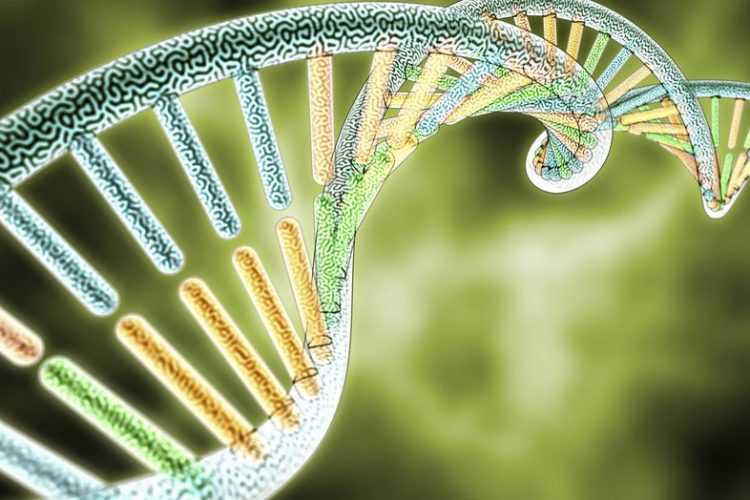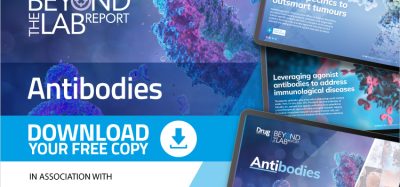New findings regarding diabetes risk in childhood cancer survivors
Posted: 24 April 2024 | Drug Target Review | No comments yet
Four previously unknown genetic variants provide a new understanding of differences in risk between individuals of varying ancestries.

Researchers at St. Jude Children’s Research Hospital have identified four previously unknown genetic variants associated with diabetes risk in childhood cancer survivors. Survivors are at increased risk for cardiovascular disease, for which a risk factor is their greater prevalence of type 2 diabetes, with a disproportionate impact on those of non-European heritage. Furthermore, an association between a previously reported genetic risk score for type 2 diabetes developed in the general population with diabetes risk in survivors was found. The study’s findings provide a new understanding of the differences in risk between individuals of varying ancestries.
The St. Jude Lifetime cohort study (St. Jude LIFE), a long-term follow-up study for individuals treated for cancer as children, was used. This cohort allowed the scientists to identify the four previously unknown genetic variants, which were seen to be more frequent in people of African descent than those of European ancestry.
Co-senior author and corresponding author Dr Yadav Sapkota, St. Jude Department of Epidemiology and Cancer Control, explained: “We found DNA variants in survivors that increase the risk of type 2 diabetes…Among survivors exposed to alkylating agents, these variants are conferring differential risk based on the ancestry, which may partially explain some of the disparity in type 2 diabetes burden in survivors.”
Compared to their siblings, childhood cancer survivors are at a three times increased risk of developing type 2 diabetes. However, non-Hispanic Black survivors experience three times more risk than non-Hispanic white survivors. The researchers conducted whole genome sequencing on patients from the St. Jude LIFE cohort involved in the study to understand those differences. They compared the DNA of survivors that had type 2 diabetes to those that did not, divided by ancestry.
Ancestry and type 2 diabetes risk
Dr Sapkota said of the results: “The genetic risk disproportionately affected survivors of African or African American ancestry previously treated with alkylating agents…The same variant is implicated in both European and African-ancestry groups, but the amount of risk conferred by carrying the variant differs.”
To explore this disparity in greater detail, the researchers compared previously reported polygenic risk scores for diabetes in the general population. Many genetic variants in earlier research were used to assess disease risk, but the risk scores were usually derived from people of European descent. In the new study, the team compared three risk scores: a traditional score based only on those of European descent and two others developed by including people of different ancestries. It was found that the more inclusive scores both performed better in survivors of both European and African ancestries.
“The two risk scores derived from multiple ancestries were strongly associated with type 2 diabetes risk in survivors of diverse ancestries compared to the score developed in European-only ancestry,” Dr Sapkota stated.
Alkylating agents
Another contributor to increased type 2 diabetes risk is exposure to alkylating agents. Dr Sapkota explained: “We saw very consistently, in three out of our four identified variants, and all of our polygenic risk scores, a significant increase in diabetes risk when survivors were exposed to alkylating agents during their initial treatment…So genetic factors in the presence of alkylating agents can significantly enhance type 2 diabetes risk.”
On African ancestry, the alkylating agent effect also had a greater impact. Although the reasons for these differences in risk are unknown, this study is a positive step forward.
“We hope this information will help reduce disparities in the type 2 diabetes burden,” Dr Sapkota concluded. “Now we know how to identify childhood cancer survivors most at risk of type 2 diabetes so we can provide more personalised opportunities for interventions and prevent cardiovascular complications down the road.”
This study was published in the Journal of Clinical Oncology.
Related topics
Genetic Analysis, Targets
Related conditions
childhood cancer, Type-2 diabetes
Related organisations
St Jude Children’s Research Hospital







